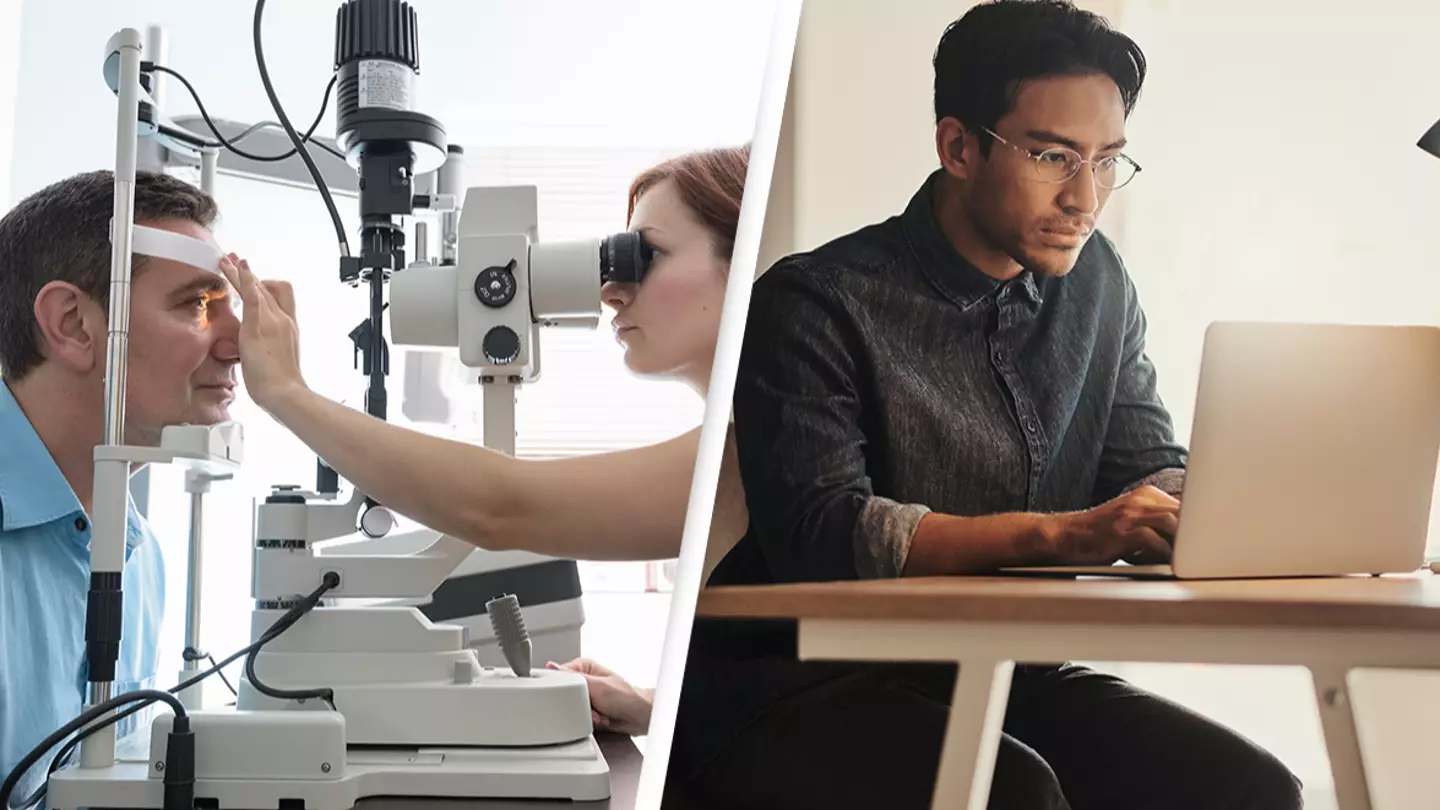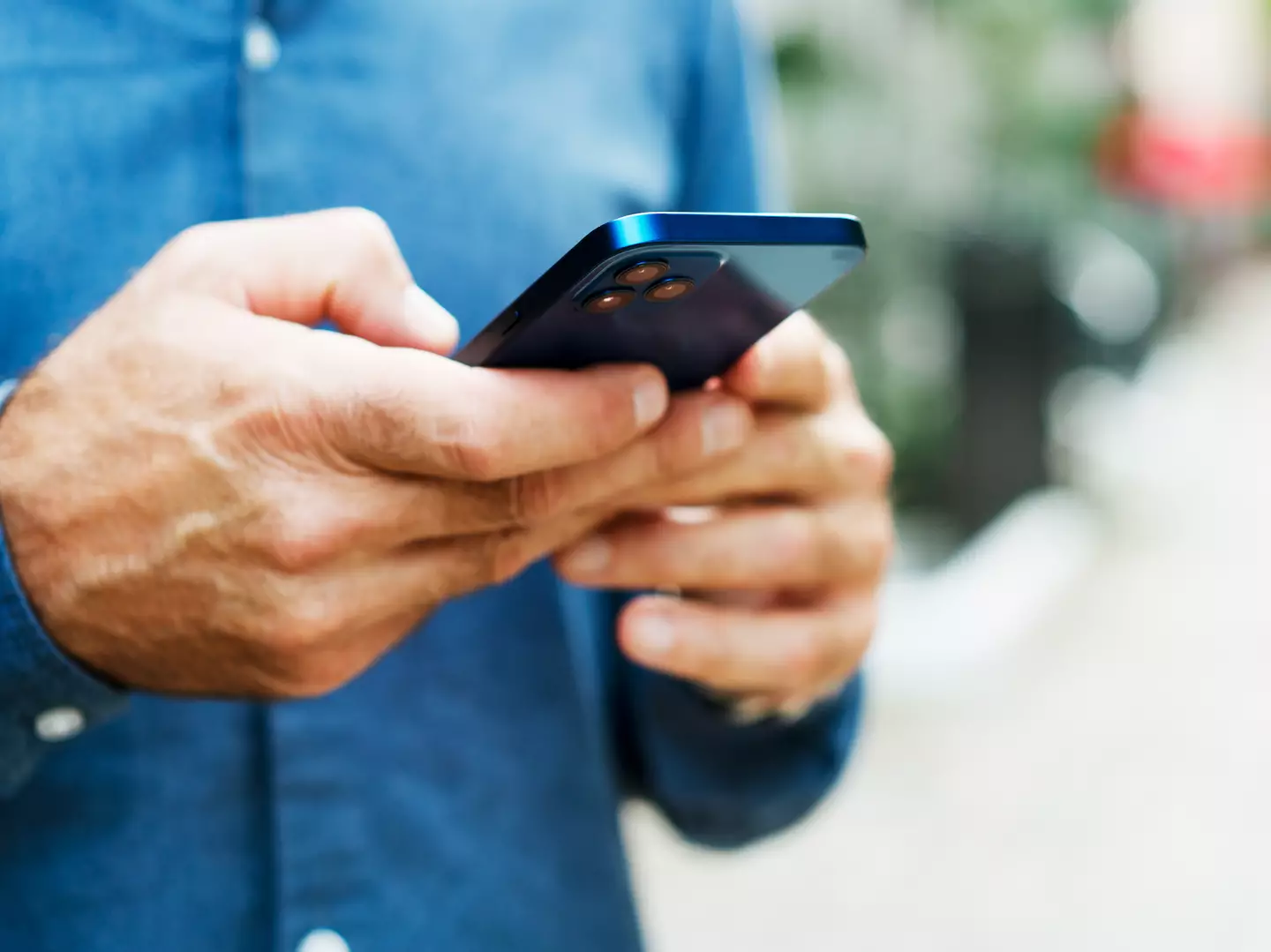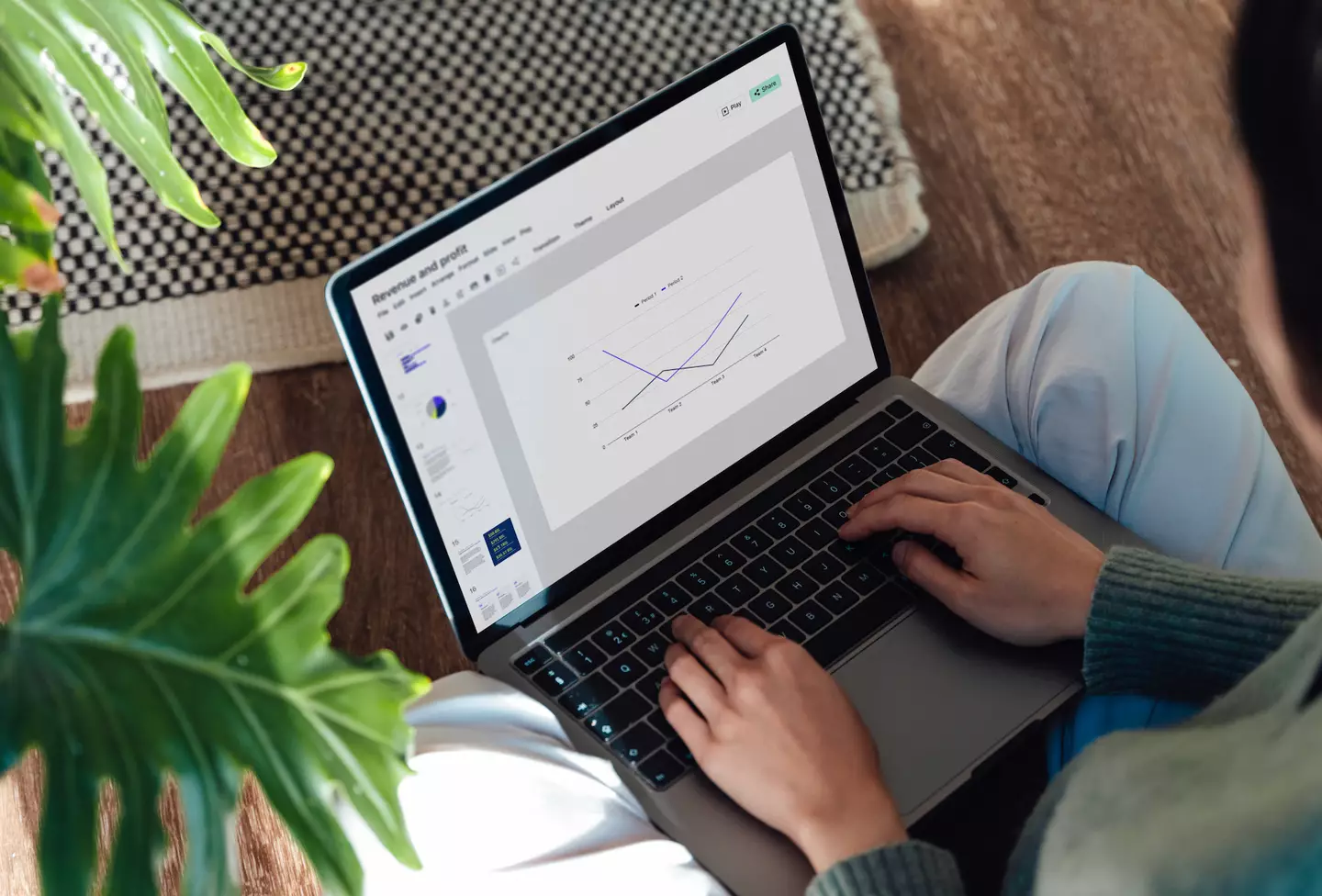
An optician has warned of the dangers of 'excessive' amounts of screen time - but you might be surprised to learn how much is too much.
Wake up, check your phone. Head to work, open up your laptop. Sit down with your dinner, turn on the TV. And probably check your phone again while you're at it.
This is a pretty normal routine for most of us nowadays, and while watching too much TV won't really make your eyes go square, as your parents might once have warned, it can have other impacts.
What happens if you have too much screen time?
Tina Patel, an optician at Feel Good Contacts, has warned that when we're using screens - be it your phone, laptop or a TV - we actually blink 'far less' as we concentrate on the pixels in front of us.
Advert
As a result, our eyes can become dried out and at risk of decreased eye health.
Patel explained: "As simple as it is, blinking is a vital part of maintaining eye health as it helps to spread hydrating tears across your eyes. Therefore, those who blink less are more likely to get dry and irritated eyes."
Over time, too much screen usage can result in strained eyes and blurred vision, as well as affecting our mental health.

What are the symptoms of too much screen time?
Although most of us probably know that binge-watching eight hours of TV in one go isn't necessarily the healthiest way to spend the day, sometimes a series can be just too good to resist.
So, how do you know if your screen time is starting to do some damage? Well, Patel encouraged people to look out for symptoms including:
Dry or watery eyes
Headaches
Neck and shoulder pain
Sleep problems

How much screen time is too much?
Ask your grandparents, and they'd probably say one hour. Ask a teenager, and they might say something closer to 24.
While you might think the answer is somewhere in the middle, it would actually be the grandparents who are closer this time.
In fact, Patel advised that screen time at home should be limited to two hours.
Yep, just two hours to dedicate to watching a series OR scrolling through social media. A lot of people would struggle to get through both in that time.
Patel explained: "Many workplaces require the use of a digital device, which could mean spending up to eight hours a day in front of a screen. Ideally, recreational screen time should amount to no more than two hours a day for adults.
"Children should also be limited to two hours of screen time and should have screen-free days."

But how do I break the cycle?
Most of us use our phones to wake us up, remind us of upcoming events, keep in touch with friends, navigate unknown streets, take pictures and pay for food. With so many practical uses, it's hard to imagine how you might cut down on screen time, but Patel has some advice.
She recommends scheduling 'screen-free breaks' during times when you don't need your phone, and replacing the time you might watch TV or scroll TikTok with activities like walking or reading.
She also advised to 'avoid screen time before bed' and 'plan days in advance to avoid temptation'.
Patel added: "Additionally, most smartphones now have a restrictor feature that allows the user to set a time limit on applications. Manually tracking how much time is spent in front of a digital screen is also an option."
Considering you've already spent a couple of those precious screen minutes reading this article, you better think carefully about what you're going to do with the remaining 1 hour and 58 minutes!
Topics: Health, Technology, Mental Health, Phones